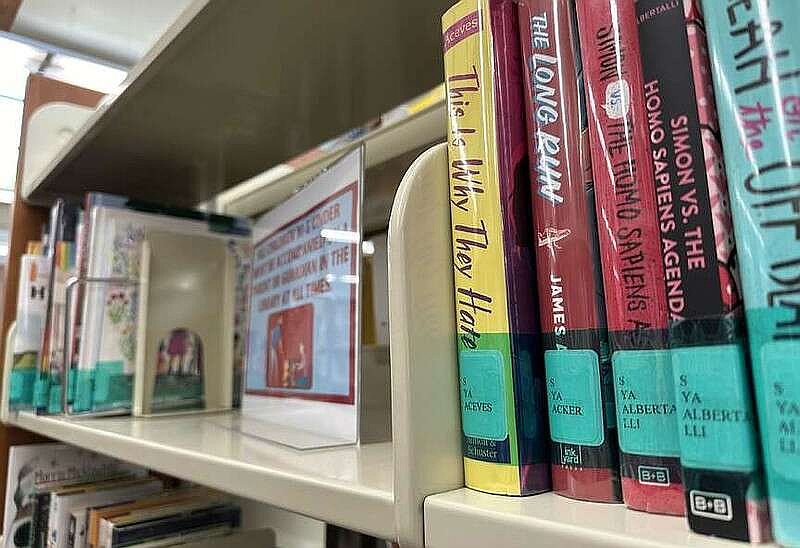A federal judge recently ruled that parts of an Arkansas law, Act 372, which sought to criminally penalize librarians and booksellers for distributing material deemed “harmful to children,” were unconstitutional. The law, signed into effect in March 2023 by Governor Sarah Huckabee Sanders, had faced legal challenges from various organizations in Arkansas. These groups argued that the law was overly vague, broad, and could lead to censorship and intimidation, particularly in libraries and schools. The judge’s ruling focused on two sections of the law, which would have imposed criminal penalties on those distributing materials considered harmful to minors.
The law, which was championed by Governor Sanders and other proponents, was aimed at protecting children from “obscene” content. Sanders expressed her belief that the law was necessary to ensure that schools and libraries do not expose children to inappropriate materials. Despite the ruling, Sanders announced plans to appeal the decision in an effort to uphold the law. She emphasized the importance of the law in safeguarding children and preventing access to content that some considered harmful.

Federal Judge Rules Arkansas Law Penalizing Libraries for Harmful Content Unconstitutional
The law’s controversial provisions required local governments to set up oversight boards to review challenged material, a process critics argued could lead to widespread censorship. The challenge to Act 372 was led by groups such as the Central Arkansas Library System and the ACLU of Arkansas, who expressed concerns that the law’s vague language would create uncertainty and discourage librarians from performing their duties for fear of prosecution. These groups also warned that local authorities might use the law to selectively remove materials they deemed inappropriate without clear standards.
This legal battle over Act 372 follows a history of similar challenges in Arkansas. In 2004, a federal judge struck down a comparable law that sought to restrict access to materials deemed harmful to minors. The legal defeats highlight ongoing tensions between efforts to regulate access to certain content and the constitutional protections around free speech and expression in public libraries.























